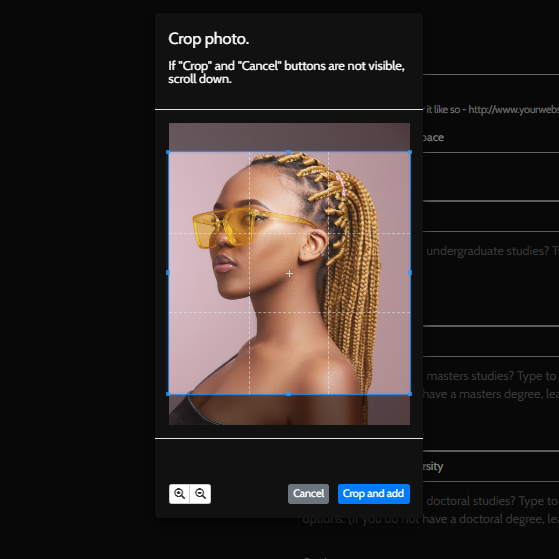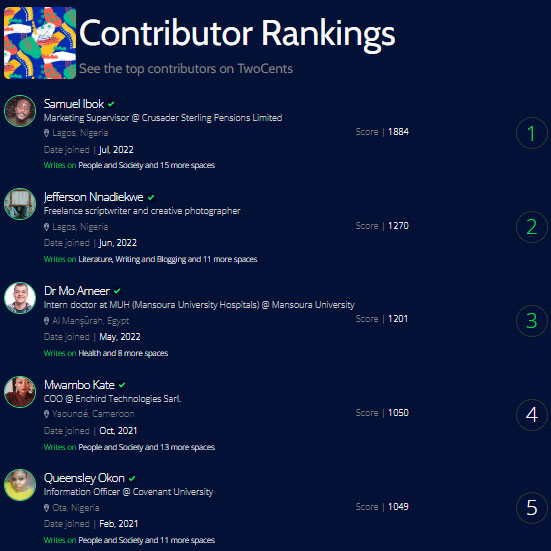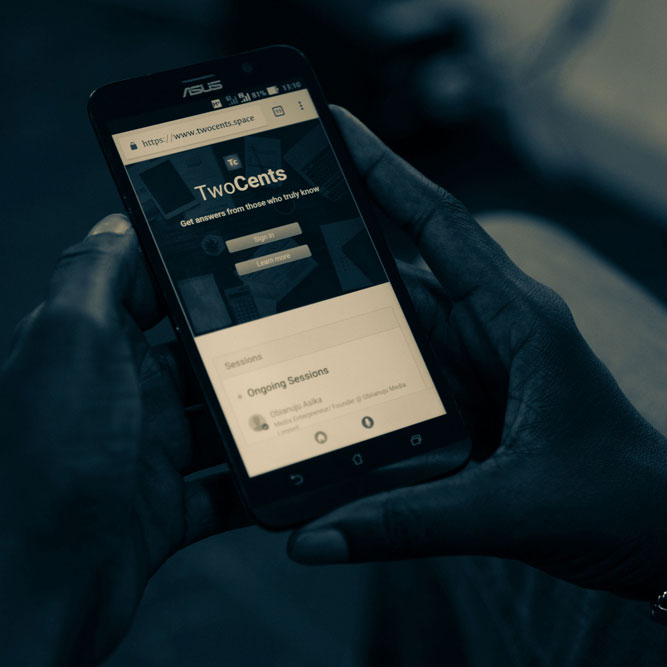
TwoCents
Whether regional blocs, like ECOWAS and COMESA, “made progress” is an empirical issue requiring a definition of ‘progress’, and a clear understanding of the objectives of the bloc.
During the late 1950s, African nationalists debated the independence outlook. Among the French colonies – Francophones, Guinea’s Sekou Toure alone insisted on, and was severely punished for, a clean break with France, even as the rest accepted membership to a parliament in Paris, making them provinces with ‘national’ flags and anthems. Meanwhile, the former British colonies – Anglophones – demanded a clean break, but remained in the British Commonwealth chaired by the Queen, only years later becoming The Commonwealth with a rotational chair. The Portuguese colonies – the Lusophones – were not even part of that conversation until their liberation after the mid-1970s.
But continentally. Nkrumah’s Cassablanca Group championed the immediate creation of a United States of Africa (USAf), while the Monrovia Group championed independent individual states. Tanganyikan Nyerere’s compromise was building of strong regional blocs that would eventually merge into an USAf.
Nyerere regionalism was probably influenced by the colonial East Africa Common Services Organisation (EACSO) between Kenya, Uganda and Tanganyika, sharing an airline, central banking, education, taxation, human, plant and animal health research, posts and telecommunications, railways and harbours, etc. Britain refused Nyerere’s demand to delay Tanganyika’s 1961 independence so that it coincides with that of Kenya and Uganda. EACSO became the East African Community in 1966, collapsed in 1977 due to global politics, and was reborn in 1999, currently having six members.
Nyerere also drove southern African liberation through the umbrella Frontline States (FS) against minority rule in Rhodesia, apartheid South Africa and the Portuguese colonies. Apartheid South Africa had various regional administrative arrangements under which it kept tabs on the neighbouring independent but land-locked countries – Botswana, Lesotho, Swaziland, alongside South West Africa (Namibia). The loose-knit FS arrangement became the16-member South Africa Development Cooperation (SADC, born 1992).
A final example is the 15-member Economic Community for West African States (ECOWAS, born 1975): rather than the economy, it was the politics – perennial military coups, that led the regional leaders into seeking a solution, including the obligation to intervene. The Mechanism for Conflict Prevention, Management, Resolution, Peacekeeping and Security of 1999 significantly reduced coups, even if the recent past has seen a resurgence.
So Africa has long-standing experience with regional organisations of differing durations, motivated by divergent circumstances. Regional organisations are a means of overcoming the disadvantages of small political-economies. Whether such organisations have “made progress" requires appropriate analysis.









































Comments